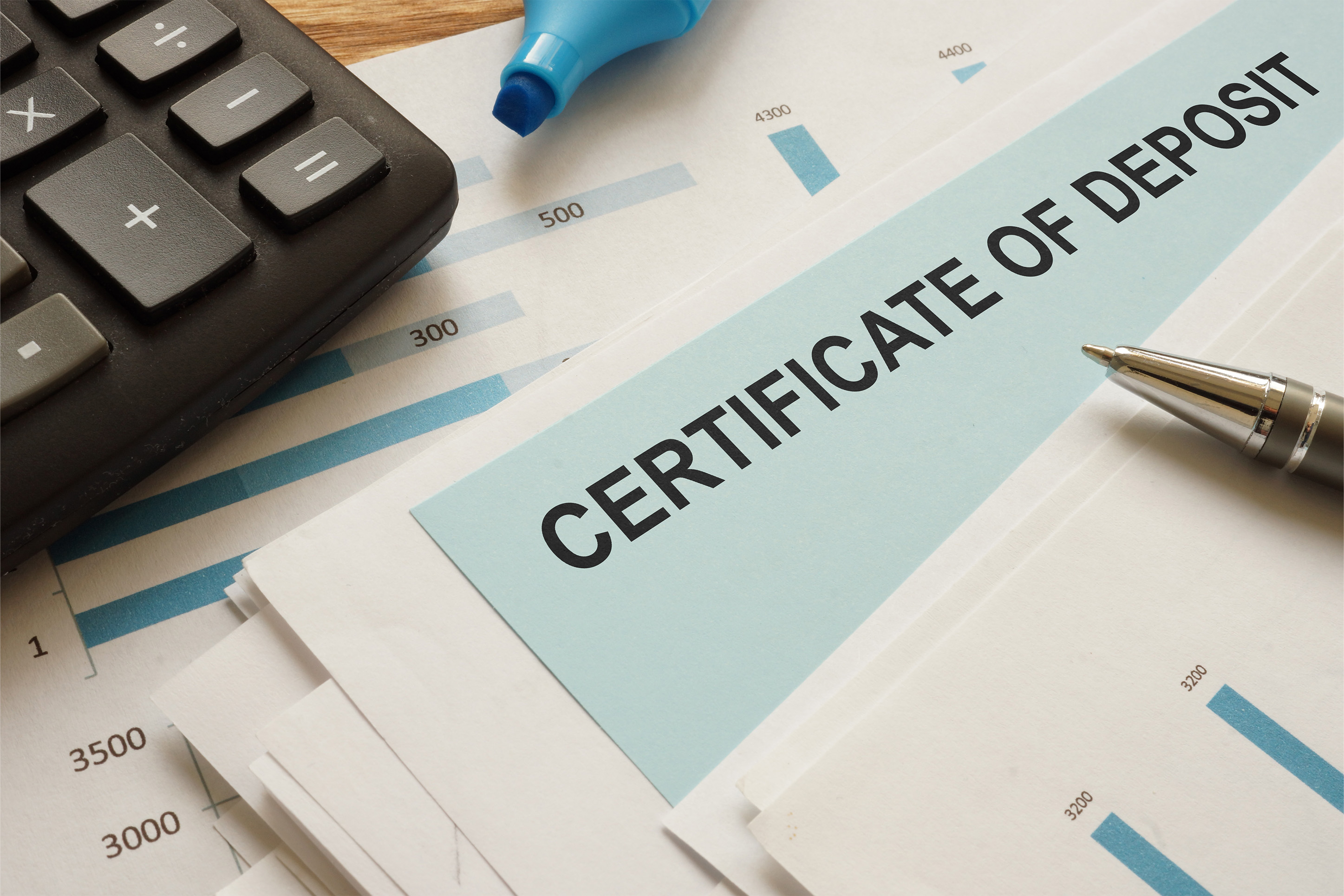What is a CD?
A CD is a type of savings account that financial institutions offer. But unlike your traditional savings account, which is usually limited to six withdrawals a month, a CD has a fixed timeframe where you can’t withdraw. That term might be months or even years. In exchange for keeping money in there longer, financial institutions will offer special higher interest rates, known as dividends, at a credit union.
How do CDs work?
When you open a CD, you start with a deposit. Some, like RMCU’s vault certificate, can start with as little as $1. Others, like the term certificate, might have a minimum balance (in that case, $1,000). With many, you can continue to make deposits over its term (the amount of time your money stays in the account). In exchange for such a high interest, or dividend, rate compared to other savings accounts, you’re penalized and have to pay a fee or lose dividend earnings if you withdraw from the CD before the end of its term. But it pays off big when you keep your money in the account in the long run.

Why save with a CD
The psychology of having your money still liquid but not within easy reach can be a strong driver for savings. With the pressure of a penalty looming if you withdraw your money before your CD maturity date, you’re more likely to keep your dollars in the account, earning more over time. For that reason, CDs aren’t an excellent place to stash your emergency fund since you might need that money immediately. But when you have a little extra cash to put away each month, this can be the perfect spot to keep it safe while still being relatively accessible in a pinch.
What to think about when you pick a CD
Of course, you want to consider the APY because that will help grow your money. But beyond a high dividend rate, you also want to consider what term will work for you. Some, like RMCU’s term certificate, actually let you choose your term, anywhere between 3 and 60 months. Your situation will significantly affect what account is best for you. Only you know if it’s best to take advantage of a longer earning term or to take a shorter one that leaves your money available sooner.
But no matter what story your finances tell, it’s essential to go with a financial institution you trust. When you’re putting so much of your hard-earned money away in one place for so long, make sure it’s safe. Open a CD with RMCU, and know you can count on your financial institution to keep your money secure in your community.




